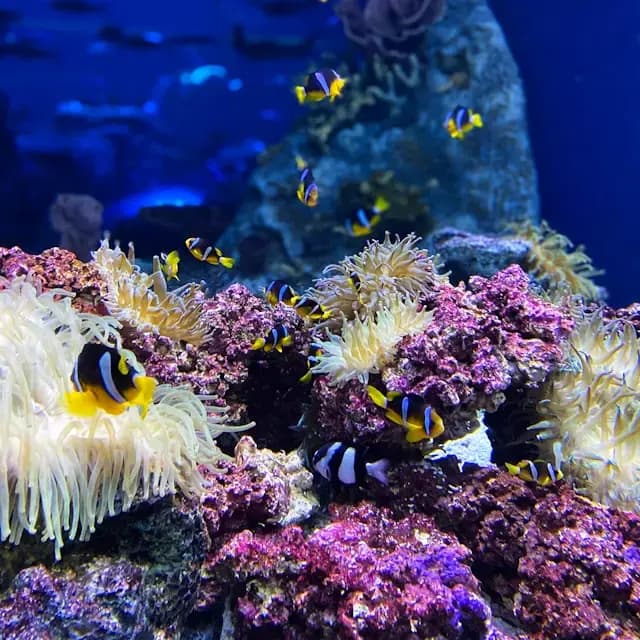Mining activities have a profound impact on local environments and communities, particularly in regions where water sources are scarce and under stress. Scott Odell, a researcher with MIT’s Environmental Solutions Initiative, delves into these effects, especially in Latin America, through his work on hydrosocial displacement. This concept illustrates how resolving water conflicts in one area can shift these conflicts elsewhere, often exacerbated by the mining industry’s competition for limited water resources.
Odell’s collaboration with John Fernández, ESI director, explores the compounded effects of climate change, mining, and agriculture in Chile, funded by MIT’s Abdul Latif Jameel Water and Food Systems Lab. Their research aims to understand how mining’s expansion, particularly through seawater desalination, impacts local populations and the environment, including the region’s crucial Andean glaciers and agricultural communities.
The urgency of this research is underscored by the global commitment to a clean energy transition, which demands mining minerals essential for renewable energy technologies. However, this transition places significant burdens on local communities, leading to conflicts over water pollution and scarcity. The situation is particularly dire in Chile, a leading copper producer, where mining operations in the arid Atacama Desert require vast amounts of water, exacerbating existing water conflicts with agricultural communities.
Mining not only stresses water resources but also poses risks through waste contamination. Secure storage of mining waste is critical in earthquake-prone areas like Chile to prevent devastating impacts on downstream communities and agriculture. Additionally, mining activities threaten Chile’s glaciers, which are vital for water storage and agriculture, by accelerating their melt through increased dust and direct interventions.
Desalination, while offering a potential solution to water scarcity, presents its own challenges. Despite significant investments in Chile, desalination has not fully alleviated the demand for continental water sources. Odell’s findings suggest that while some mining operations have shifted towards desalination, it hasn’t resolved broader water conflicts, leading to new tensions, particularly among coastal communities.
The concept of hydrosocial displacement highlights the complexity of water conflicts, influenced by geographical, technical, economic, and political factors. Solutions in one area can lead to problems in another, necessitating a broader, watershed-level approach to water management. This approach must consider the long-term impacts on all affected communities, ensuring equitable access to water resources.
Community responses to mining’s impacts are significant, with protests and legal actions highlighting the power of local voices in protecting water resources and demanding sustainable mining practices. The changing political and social landscape in Chile, driven by demands for greater environmental and social justice, is putting pressure on the mining industry to justify its operations and mitigate environmental harm.
Community members are also pursuing education in these topics so that there’s not such a power imbalance between mining companies and local communities,
In addressing the future of mining and water resources, a multi-pronged approach is needed, focusing on reducing consumption, advancing the circular economy, and ensuring responsible mining practices. Engaging all stakeholders, from the mining industry to local communities and policymakers, is crucial in navigating the complex interplay between mining, water resources, and the clean energy transition, aiming for a sustainable future for all involved.
For further details, you can access the original article here.












Responses (0 )